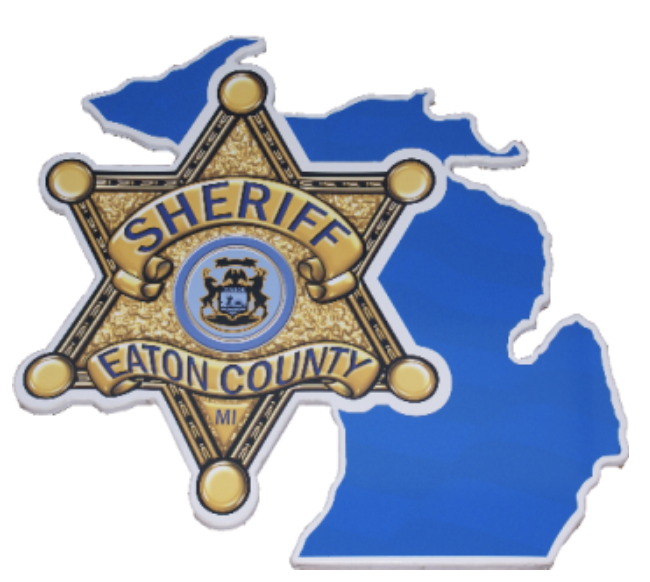By Camille Jackson
Staff Writer, Tolerance.org
Alonzo Washington sees demons in the music dominating the airwaves in urban communities: violence, use of the N-word, apathy and the degradation of women, to name a few.
The comic book artist worries young people are drifting from time-tested traditional African American values. They are struggling to find role models, he says, and often look toward rappers.
Washington is clear on one point: The rappers are not entirely to blame. “A lot of people blame the artists, but there are corporate entities that profit from their music, that sign the contracts,” Washington said from his home in Kansas City, Mo.
Washington uses his art as activism. His latest character, POPSICLE, is a sidekick to Washington’s main super hero, the Mighty Ace. POPSICLE takes on these corporate entities in a spiritual battle. Washington believes this battle — good vs. evil, right vs. wrong — is what defines the hip-hop generation, or at least what should define it.
Before leaving for Baton Rouge, La., to help victims of Hurricane Katrina, Washington took a few moments to speak to Tolerance.org about morality, spirituality and what’s really good.
How does your latest comic book bridge the gap between the civil rights and hip-hop generations?
I feel like the hip-hop generation and the church are disconnected. In the church there is fear. Based on news footage of gangsta rap, they are scared of young people. However, I think there are a lot of young people who’d be willing to listen to the older generation. They put on the persona of “the gangsta,” but they’re really not. They need direction, and they are looking for it from rappers. I know that every child really wants a father, want to be involved in a family, that’s why they get involved in gang activity. We need to approach them more often and show them positivity.
How do you get your comics to kids?
Through black expos, comic book conventions, the Internet. I tour a lot. I was at a school last week for a speaking engagement. I told them, “Hip hop is about keeping it real, but how real is it?” It’s not. It’s edited.
What kind of feedback do you get from students?
POPSICLE was the one the kids asked about the most. They say he looks like Tupac, or Nelly. They identified with him. I created him to be a new breed. POPSICLE will not put a costume on. He is highly intelligent, moralistic. His experience is loosely based on what I went through as a young person.
Kids relate to him. There’s so much negative stuff promoted directly to urban youth. My first comic book was about Mighty Ace being separated and alienated from the community. He turns to POPSICLE to help him navigate through the streets.
How do you address inner-city violence in your comic books?
I’ve done similar comic books dealing with drive-by shootings. Unless it affects people personally, we don’t pay attention to violence. We use entertainment to address the personal oppression and sadness that we go through in our community. I feel like I will always be working to solve the problem.
We have many Katrinas going on in our community on a daily basis. Kids are lost and killing each other. They’re heavily influenced by negativity.
Why merge the concept of morality with hip hop?
I’m trying to get kids to understand the concept of morality. Black youth are separated from that old concept that used to be prominent in our community. The POPSICLE comic is me touching on spirituality.
For years I wouldn’t talk about spirituality or issues of faith but I do that more now, since the Precious Doe case; (she) was a black child thrown away like garbage in the inner city. I collected 1,000 signatures to get (her story) on America’s Most Wanted. They’d focus on missing white kids, but not black kids.
The experience showed me how powerful working to change something is. A lot of that wasn’t me. Just faith, fasting, praying — going by faith, not by sight. The actual tipster called the police department 50 times, but then the tipster was brought to me. I tell kids, it’s not just prayer but also action.
This essay originally appeared on Tolerance.org, the website of the Southern Poverty Law Center in Alabama.
Note from the Publisher: For more information about Mr. Washington’s comics please log on to www.omega7.com.



